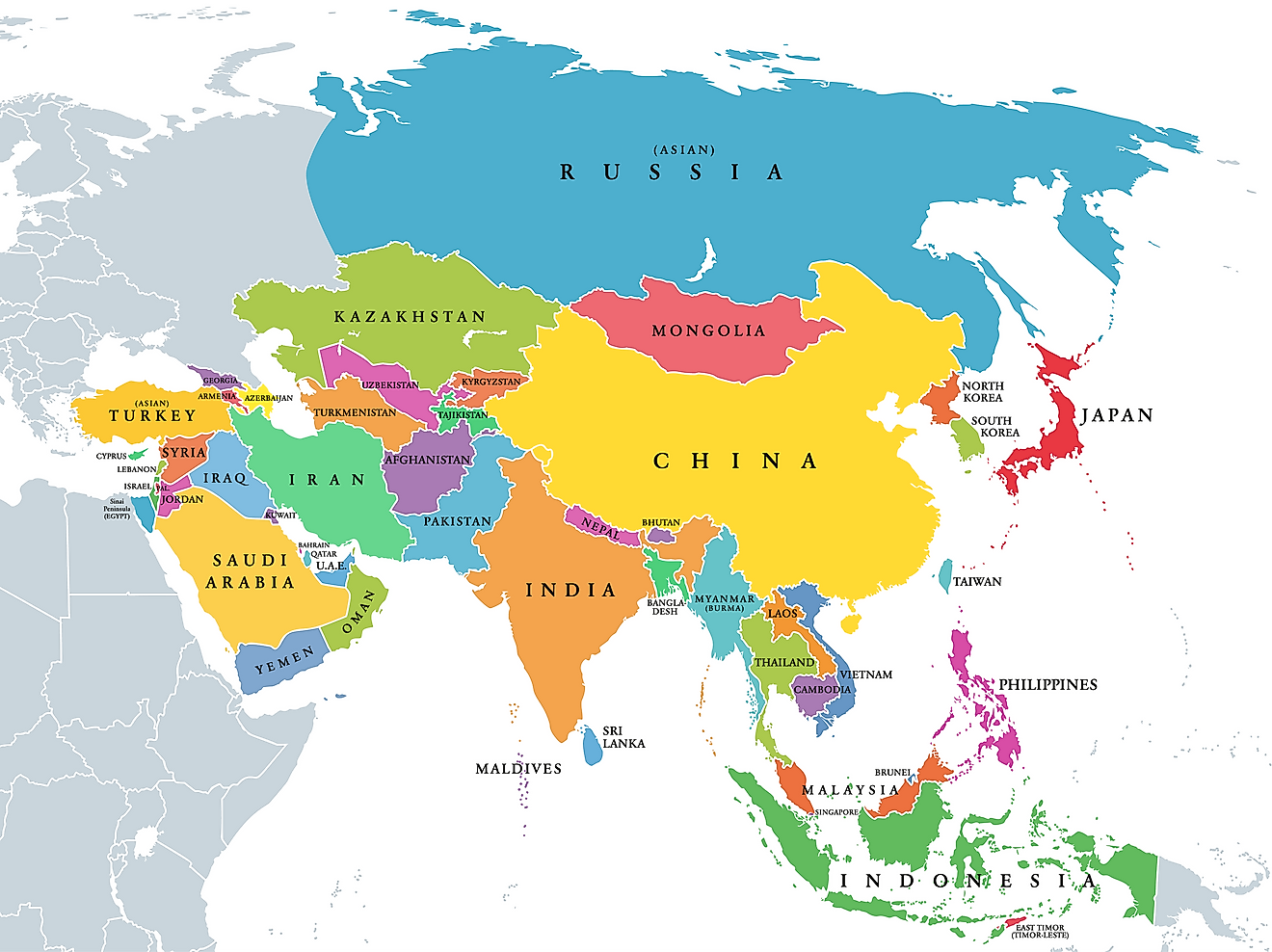What Was the Taiping Rebellion?

The Taiping Rebellion was a 13-year long conflict between two dynasties in China: Qing, and Taiping. From 1850 to 1864, a long war was fought, and it led to the deaths of more than 20 million people.
The God Worshiping Society
The person around which the rebellion formed was Hong Xiuquan, who was a civil servant heavily influenced by Christianity. Hong Xiuquan believed, powered by his dreams and visions, that he was God's son and a brother of Jesus Christ. Feng Yunshan, who was a friend of H. Xiuquan, used those ideas and beliefs to form a religious group. That new cluster of people that had the same beliefs was named the God Worshipping Society, mostly living in Guangxi province, in the south of China.
It wasn't too difficult for Xiuquan and Yunshan to start organizing people into a religious-based group. The people living in the Guangxi province were mostly poor and disappointed peasants, acceptant to any changes that they considered important for their everyday life. China, and especially the area around the Pearl River Delta, was still under all the changes that were the result of Western colonization. The area was populated by people doing Christian missions, merchants, and they all had an effect on the growing economic instability and added more strength to China's developing national tensions.
Seeing all of that as a challenge to the Chinese state and their way of life, Xiuquan decided to proclaim a new dynasty. On January 1, 1851, Xiuquan declared that they are called Taiping Tianguo, meaning "Heavenly Kingdom of Great Peace", as he took the denomination of Tianwang, which meant "Heavenly King".
Rise And Fall Of The Heavenly Kingdom
The Taiping Rebellion had massive success in the first years of combat. They intended to destroy everything they proclaimed '' demonic" for the people living in China. That included the Manchu rulers, Confucian icons, and everything that was in any way taking the land away from people. Their military organization was done exquisitely, loyalty and obedience among their ranks was highly a highly important virtue, and their great momentum rode on the energy of new members that joined the Taiping army. They managed to conquer and devastate along the way most of south China, eventually even seizing the town of Nanjing. Nanjing, close to the delta of the Yangtze River, was a critical metropolitan area, and it doesn't surprise Hong Xiuquan decided to make it the capital of the Heavenly Kingdom.
It was their intention to conquer Beijing as well, which was the critical point for the Qing dynasty. Fights lasted for two years, and they reached their breaking point in 1856 when Xiuquan decided to kill the most important commanders of the Taiping army, which lead to the army's dissipation.
The total number of people that died during the Taiping Rebellion is estimated above 20 million, which makes it of the bloodiest battles in human history. Also, the Taiping Rebellion marked a critical moment in China's history because it was apparent that the power of the Qing dynasty started to weaken and that they had no chance to hold their place as the central government with Beijing coming into play.











